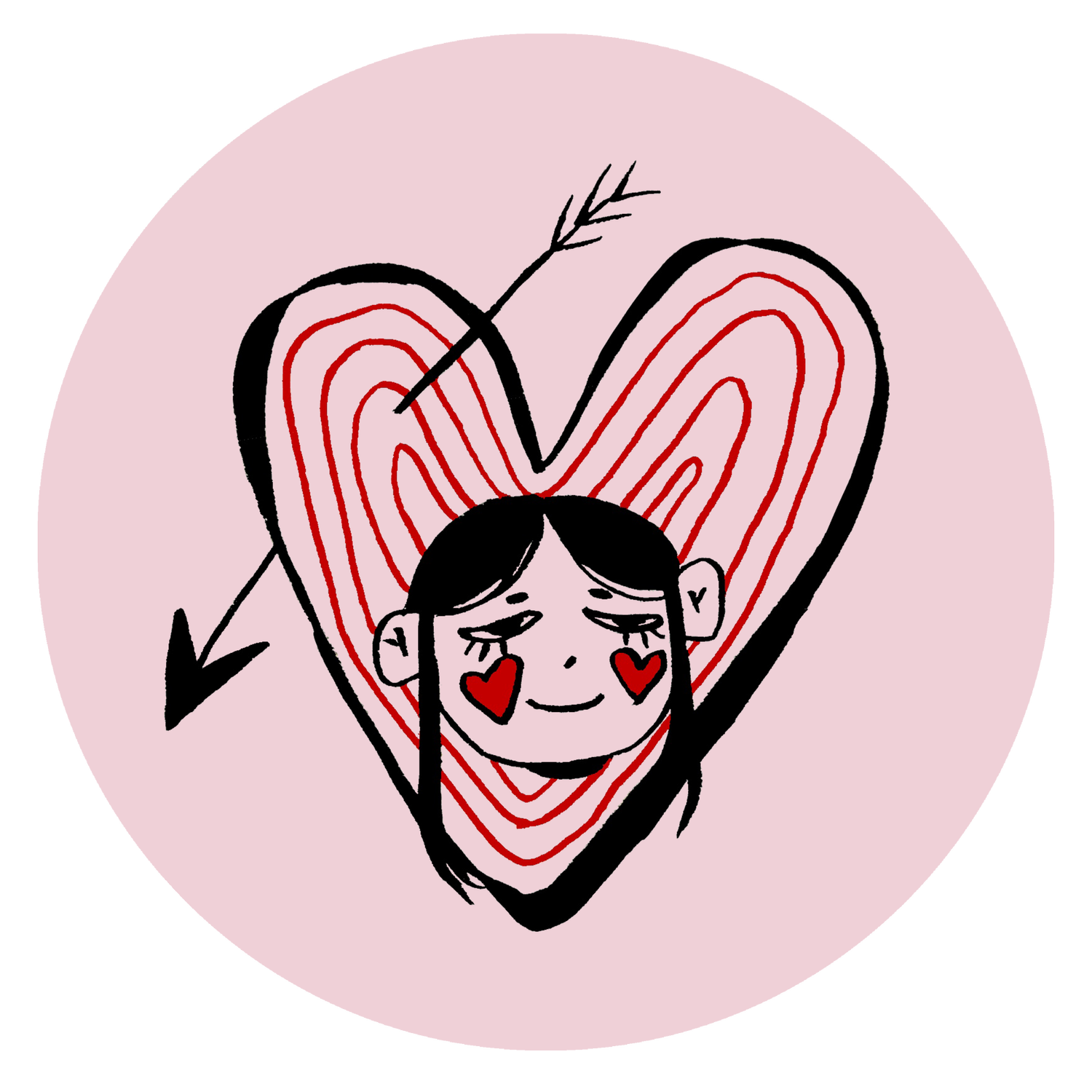Who Am I To You?
My parents are the quiet kind of people. They never say “I love you,” but instead offer me warmth in food. They sit in silence and nod and smile from afar, too afraid to say they’re proud. They’re the quiet kind of people, even when it comes to themselves. This is why, for a long time, I didn’t even know that my parents were Mexican Indigenous.
It wasn’t until high school when I truly began to uncover who they were, and who I was.
My grandma got sick during my sophomore year and my parents debated whether or not to take the 32-hour drive back home. They discussed all their plans in their native dialect. The reality of the situation hit them when they were thinking about who would take the trip with them. None of my siblings knew the Mexico they knew. It wasn’t Mexico City, Puerto Peñasco, or Sinaloa –– the usual names that come up when talking about Mexico. To us, the cities they were naming didn’t exist.
It was then when they truly began to open up to us.
Both of my parents were born in Oaxaca, Mexico, and grew up in Chiapas, Mexico. They lived in separate cities within Chiapas; my dad lived in Palenque and my mom in Tuxtepec. Their native dialects differ from one another, but both are similar to Chinanteco, a common language. My parents learned how to read and write in Spanish at school, but both dropped out because they couldn’t afford it. They never knew Mexico the way most of my Mexican friends’ parents would describe it. Instead, they tell me tales of climbing up mountains and papaya trees. They tell me about using shopping bags as backpacks, about the streams they would spend their youth in.
Even now, my parents rarely talk about their youth. When they talk about growing up in their home cities, it feels like they’re talking of a distant land. A land that doesn’t exist except in their minds — crafted and cultured to fit their narrative, unlike the one full of poverty where hospitals and education are a privilege.
I will never know my parents’ struggle assimilating into both America and Mexico. In Mexico, much of the indigenous population suffers from poverty, isolation, and a lack of representation in politics and culture. There is racism in Mexico towards indigenous people who are darker-skinned and can’t speak Spanish. My parents had seen this. By the time my older sister was born in America, they had already decided not to teach her their native dialect.
When I asked my mother the other day why they decided not to, she pursed her lips. “We could have, maybe, but we didn’t want her to speak it. It was a different time.”
She didn’t have to say it for me to understand. When you have people like the President who single out your race and say you’re “bad people,” you wouldn’t want to also be singled out for anything else.
When I was ten, my dad got angry with me for speaking Spanish incorrectly. In the backseat of our car, he lectured me on the importance of knowing Spanish, saying if he could learn Spanish so could we. I think back to this moment now and realize that as much as I thought I knew who they were, or who I was, there will always be this barrier. Whether it was identity or the simplicity of language, I would always be left wondering about our differences.
It didn’t give me answers when my parents began showing me a new side to who we were. All my life I had wondered why I was so much darker than all my Latinx friends, why my nose had a crooked bridge, why my eyebrows and eyelashes were so thick — my features just didn’t resemble theirs. All my life I had wondered why I couldn’t even fit in with the people who were from the same roots I was.
Instead, I found myself with even more questions. Am I American, even when I’ve never felt fully American? Or am I Mexican, even when I’ve never felt fully Mexican? Am I Mexican Indigenous, even when I don’t know what that means? It’s like looking in a mirror and being faced with different personas, not knowing which one is the real you.
Over the years, I’ve realized that it isn’t a question of identity but rather of cultural and ethnic perspective. I want to keep the traditions my parents have passed on to me from their culture, even if I don’t know their language or their country. I want to remain the Mexican-American I grew to be, even if my parents don’t know –– and will never know –– that version of me.
The perspective I continue to affirm for myself is that this is exactly who I am. Nothing –– not America, not Mexico, not even myself –– can deny the fact that I’m a diverse person with no fixed “identity.” I am me.
References:
Torres, Noe. “Actress' Comments Reignite Long Debate on Racism in Mexico.” Reuters, Thomson Reuters, 13 June 2020, www.reuters.com/article/us-minneapolis-police-mexico-racism/actress-comments-reignite-long-debate-on-racism-in-mexico-idUSKBN23K0G7.
“Indigenous Peoples.” Minority Rights Group, 13 May 2020, minorityrights.org/minorities/indigenous-peoples-4.

